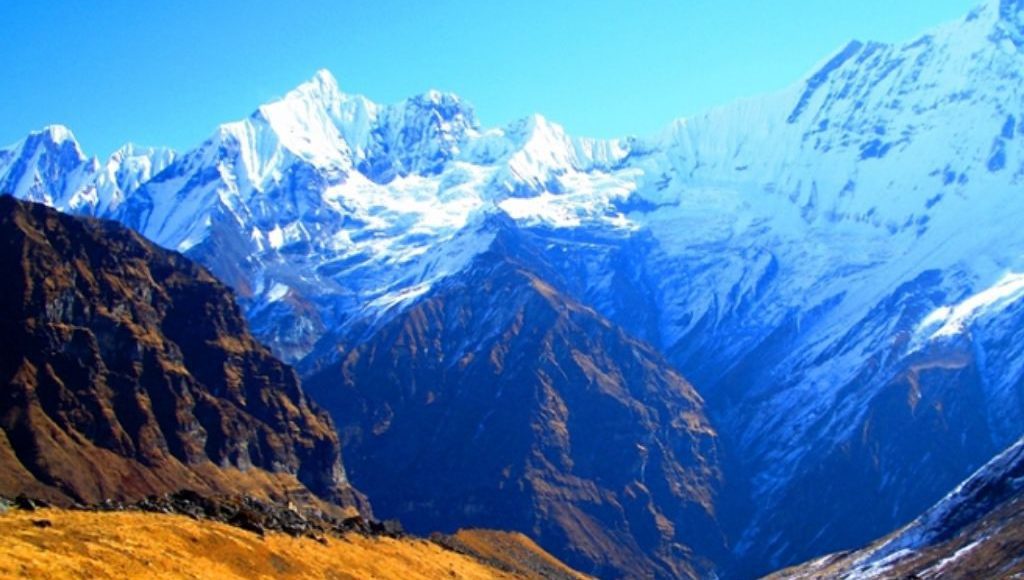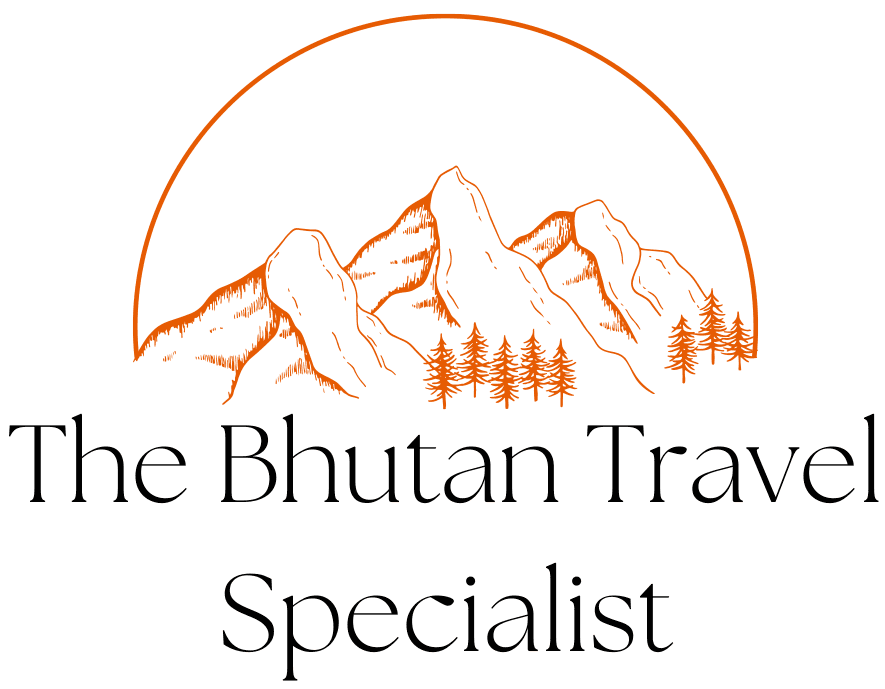Do not hesitate to give us a call. We are an expert team and we are happy to talk to you.
(+975) 17953762

Overview:
Embark on a thrilling 9-day adventure with the Druk Path Trek, exploring the picturesque landscapes of Bhutan. Begin your journey with the historical and cultural treasures of Paro, including the iconic Tiger’s Nest. The trek kicks off from Ta Dzong, leading you through enchanting forests, offering breathtaking views, and camping in serene locations. Traverse through Jele Dzong, Tsokam Dzong, Jimilang Tsho, and Simkotra Tsho, each site providing unique vistas and experiences. The trek concludes at Phajoding, followed by a transfer to Thimphu for a day of sightseeing. Explore cultural landmarks and immerse yourself in Bhutanese traditions. The tour concludes in Paro, leaving you with unforgettable memories of Bhutan’s natural beauty and cultural richness.
Tour Highlights:
1. Paro Exploration: Discover the cultural and historical gems of Paro, including Drukgyal Dzong, Taktsang Goemba (Tiger’s Nest), and Kyichu Lhakhang.
2. Druk Path Trek: Embark on a 5-day trek, starting from Ta Dzong, passing through Jele Dzong, Tsokam Dzong, Jimilang Tsho, and Simkotra Tsho, and concluding at Phajoding.
3. Spectacular Landscapes: Marvel at the breathtaking landscapes, including blue pine forests, apple orchards, and sparkling lakes, as you trek through the Bhutanese wilderness.
4. Cultural Experience: Immerse yourself in Bhutanese culture through encounters with monasteries, traditional camps, and local communities during the trek.
5. Thimphu Sightseeing: Explore Thimphu’s cultural landmarks, including the National Library, Institute for Zorig Chusum, Simply Bhutan, Changangkha Lhakhang, Buddha Point, and Simtokha Dzong.
6. Vibrant Nightlife: Experience the vibrant nightlife of Paro and Thimphu, providing a glimpse into the contemporary lifestyle of Bhutan.
Paro International Airport (Google Map)
As you land at Paro International Airport, catch a glimpse of the breathtaking Paro Valley surrounded by the majestic Himalayas. Our friendly representative will be waiting to welcome you and accompany you to your hotel after completing immigration formalities. Take the rest of the day to relax and acclimatize to the altitude. Enjoy a comfortable overnight stay at the hotel.
After a delicious breakfast, embark on a journey to the ruins of Drukgyal Dzong, a historic fortress built in 1647. Although damaged by fire, the remnants tell tales of a glorious past. Next, hike up to the nearby Taktsang Goemba, famously known as the Tiger’s Nest, and indulge in a scrumptious lunch at the cafeteria while admiring the view of the fluttering prayer flags. Descend to visit Kyichu Lhakhang, one of the oldest temples in Bhutan. Return to the hotel for dinner and enjoy the evening at your leisure. Overnight stay at the hotel.
Today, the exciting Druk Path Trek begins. Drive to Ta-Dzong and meet your trekking guide, horsemen, and pack animals at the National Museum. The trek starts from the museum, taking you through the enchanting blue pine forest, past farmhouses, and apple orchards. Enjoy the stunning views over Paro Valley and reach a small pass below the Jele Dzong. Trek further upward through the forest and camp at the base. Overnight stay at the camp.
Bid farewell to Jele Dzong as you continue your trek. Walk along the ridge, capturing beautiful vistas before entering the forests. As you climb, marvel at the breathtaking views of Paro Valley and the majestic Dagala range. After a 4-hour trek, reach the camp base at Tsokam. Overnight stay at the camp.
Embark on a trekking trail that offers spectacular scenery and panoramic views of snowy peaks. Pass through the Labana camp base and admire several monasteries at the end of the valley. Ascend the ridge for a stunning view of Jimilang Tsho, where you will spend the night. Overnight stay at the camp near the lake.
Start the day with a tranquil stroll around the mesmerizing lake. The refreshing atmosphere will awaken your senses. Climb above the lake, witnessing beautiful vistas and sparkling lakes along the way. After a trek through rhododendron bushes, reach the ridge and discover Simkotra Tsho. Enjoy the rest of the day at your leisure. Overnight stay at the camp.
Today, trek through minor climbs and take in the breathtaking views of Phajoding Monastery and Thimphu Valley. Descend to Phajoding Monastery and then reach Thimphu, getting closer to the natural wonders of Bhutan. Upon reaching the road above the Takin Sanctuary, our driver will escort you to the hotel in Thimphu, marking the end of the Druk Path Trek.
Overnight stay at the hotel.
On the final day in Bhutan, explore Thimphu on a full-day sightseeing trip. Visit the National Library, housing a vast collection of Buddhist manuscripts. Experience the Institute for Zorig Chusum, where students learn traditional arts and crafts. Immerse yourself in Bhutanese culture at Simply Bhutan, a living museum. After lunch, visit Changangkha Lhakhang, Buddha Point, and Simtokha Dzong to learn about Bhutanese beliefs. Finally, drive back to Paro and enjoy the vibrant nightlife. Overnight stay at the hotel.
Bid farewell to Bhutan as you savor your last moments in the country with breakfast. Take a leisurely stroll, go shopping, or relax in a coffee shop, cherishing the memories of your Bhutan Druk Path Trek. Our representative will meet you at the hotel and escort you to the international airport before your return flight. We hope you enjoyed your trip and look forward to welcoming you on future Bhutan vacation packages with us.
There are 19 languages spoken in Bhutan, but the national language is Dzongkha. English is used throughout Bhutan’s education system, so it is widely used and understood.
Bhutan is a year-round destination. There are four seasons: summer (June to August), autumn (September to November), winter (December to February) and spring (March to May). But because of the range of altitudes in the country, and the influence of the north Indian monsoons, the climate is incredibly varied.
In the south, the humid, subtropical climate is fairly consistent year-round, with temperatures between 15oC and 30oC. Central Bhutan, with its temperate forests, has a more seasonal climate, with warm summers and cool, dry winters. The northern regions are much colder during winter. Because of the high altitude, mountain peaks are snowy year-round and the lower reaches remain cool in summer.
In summer, the Indian monsoon season runs from late June or July to late September, mostly affecting the southern regions. Most farming activities take place in the summer, when crops thrive in verdant landscapes.
Autumn, from late September or early October to late November, follows the rainy season. It is characterised by bright, sunny days and some early snowfall at higher elevations. It’s the season of feasts and festivals as farmers reap the fruits of their work.
From late November until March, the crisp, clear and sunny winter sets in, with frost throughout much of the country and snowfall common above elevations of 3,000 metres. The winter northeast monsoon brings gale-force winds at the highest altitudes through high mountain passes, giving Bhutan the name Drukyul, which means Land of the Thunder Dragon in Dzongkha (Bhutan’s national language).
Bhutan’s generally dry spring starts in early March and lasts until mid-April. It is a botanist’s delight, with nature in full bloom. Summer weather commences in mid-April with occasional showers and continues to late June.
Bhutan’s currency is called ngultrum. It’s 1:1 with Indian rupees.
Three different electrical plugs are used throughout Bhutan: the British plug (three square pins, compatible with type G sockets), the European plug (two round pins, compatible with type C socket) and the Indian plug (three thick round pins, compatible with type D sockets). It’s a good idea to bring adaptors for all three.
For telephone calls, Bhutan’s country code is +975. Make sure you add this to the beginning of any number if calling Bhutan from abroad.
You can apply online for a visa by completing this application form, or if you’re travelling with a tour operator, they may apply on your behalf. Read more about the visa here.
Visitors from Bangladesh and the Maldives requiring a visa can apply either online before travelling or in person upon arrival in Bhutan.
There is a one-off fee of US$40 for the processing of your application. This is payable at the same time as your Sustainable Development Fee (SDF), as part of the process of submitting your visa application.
The SDF is USD 100 per night for adults from all countries except for India. Children aged between 6 years and who have not yet turned 12 are eligible to pay USD 50 per night. Children who have not yet turned 6 years old do not have to pay any SDF.
The SDF for Indian nationals (showing a valid Indian passport or Voter ID card) is Nu. 1,200 (or the equivalent amount in Indian rupees) per person, per night. Children aged between 6 years and who have not yet turned 12 are eligible to pay Nu./INR 600 per night. Children who have not yet turned 6 years old do not have to pay any SDF.
Tourists visiting Samtse, Phuentsholing, Gelephu, and Samdrupjongkhar towns for 24 hours need not pay Sustainable Development Fee (SDF) beginning April 14, 2023. The waiver will be enforced for a year. The SDF waiver will only apply for tourists who do not travel beyond the designated zones of border towns. However, SDF will apply for visitors who travel beyond the designated zone of border towns.
Tourists will be charged SDF if they go beyond Gurung Basti in Samtse, and beyond Rinchending Checkpost in Phuentsholing. The designated zone in Gelephu is at Aipoli Bridge and Pinchinna checkpost in Samdrupjongkhar.
